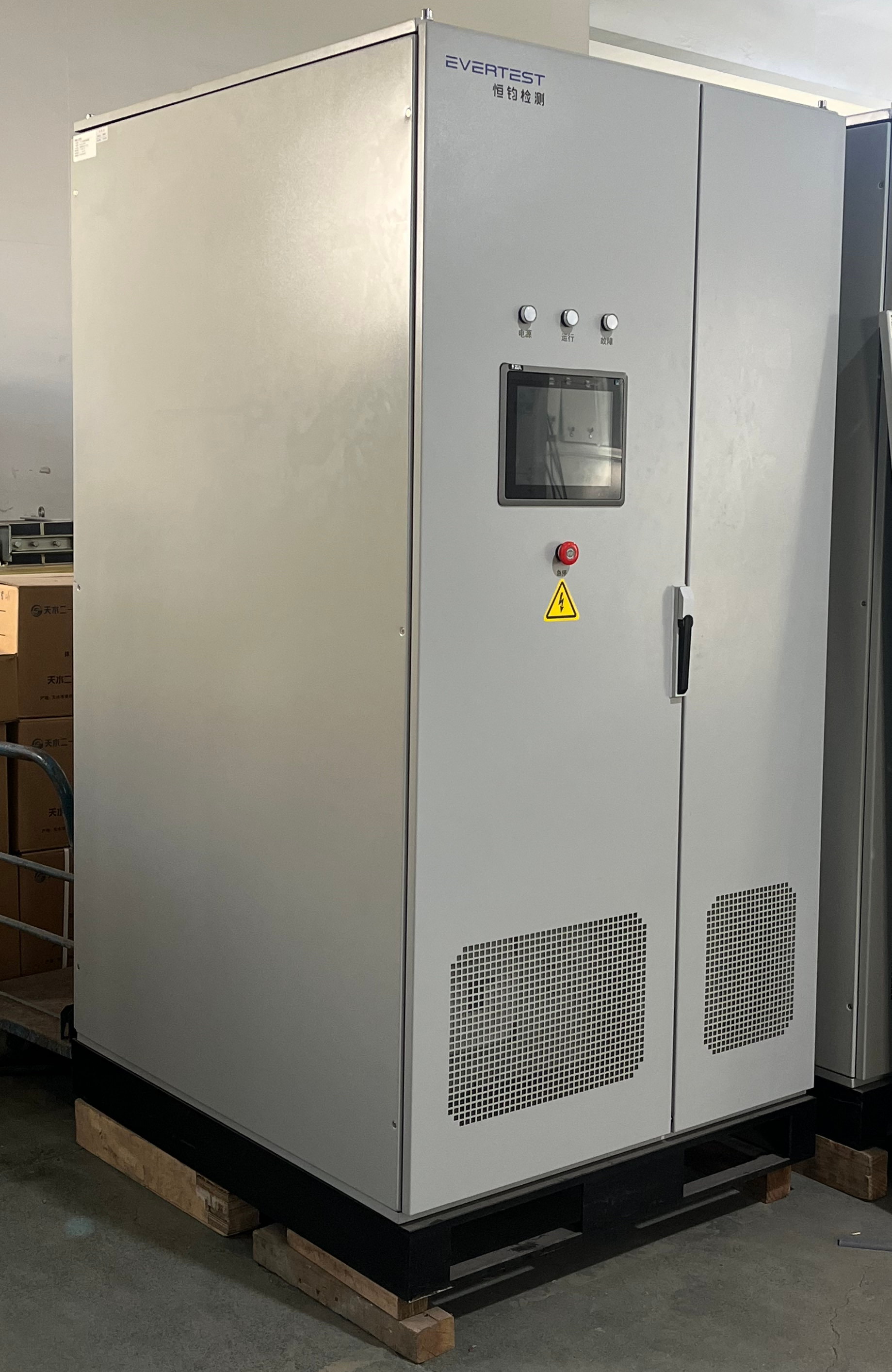testing of electric vehicle batteries
Testing of electric vehicle batteries is a critical process that ensures the safety, reliability, and performance of EVs. This comprehensive evaluation involves multiple stages of assessment, including capacity testing, cycle life analysis, thermal behavior monitoring, and safety validation. Advanced testing facilities employ sophisticated equipment to simulate real-world conditions and stress scenarios, measuring factors such as energy density, power output, charging efficiency, and degradation rates. The testing process utilizes state-of-the-art diagnostic tools and data analytics to evaluate battery cell chemistry, structural integrity, and overall system integration. Engineers conduct both non-destructive and destructive tests to verify compliance with international safety standards and manufacturer specifications. Environmental chambers simulate extreme temperature conditions, while specialized equipment measures internal resistance, voltage curves, and self-discharge rates. The testing process also incorporates accelerated aging tests to predict battery longevity and performance over time, essential for warranty considerations and lifecycle management. Modern testing facilities implement automated systems for continuous monitoring and real-time data collection, ensuring accurate and consistent results across multiple test cycles.




